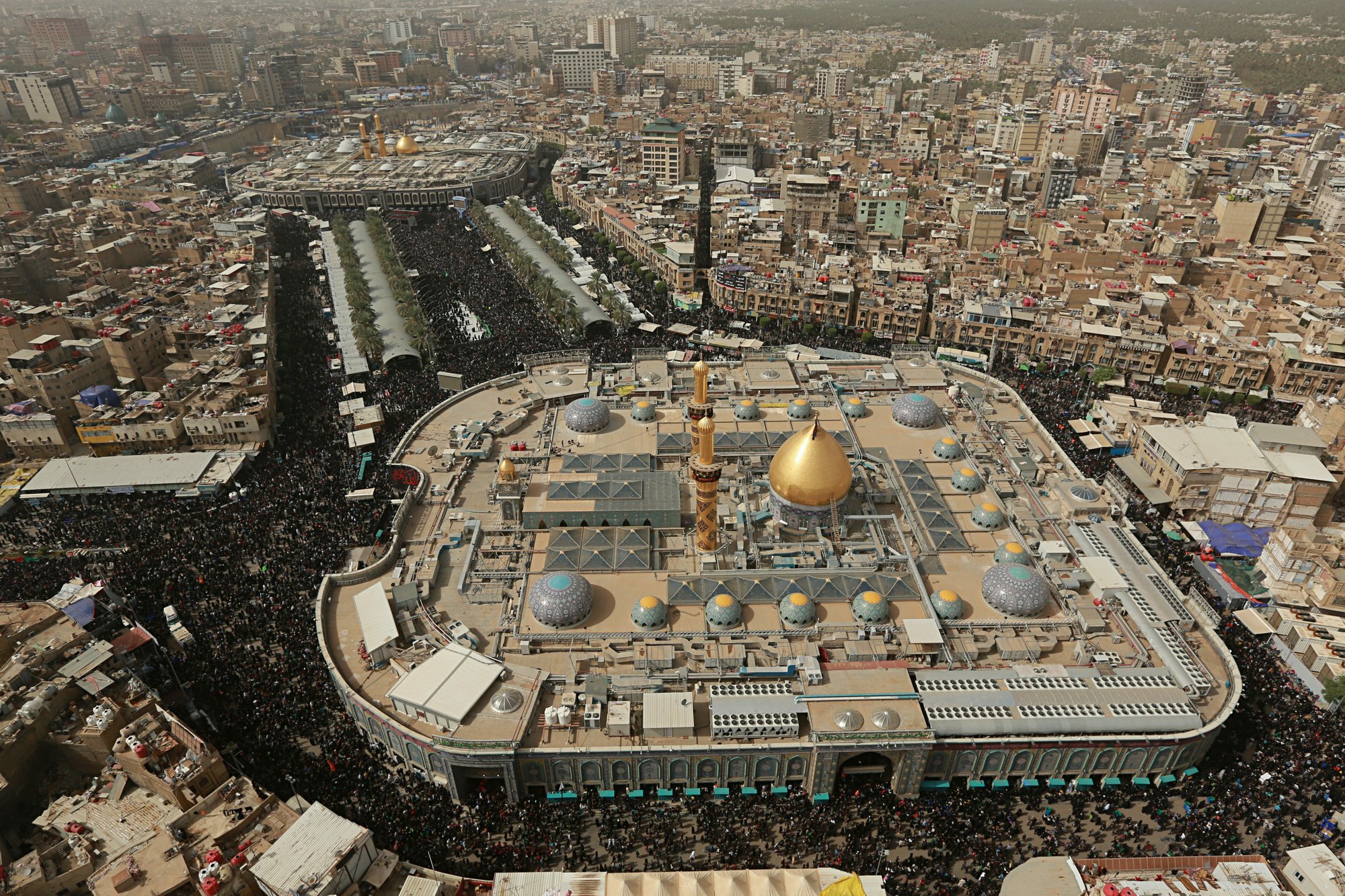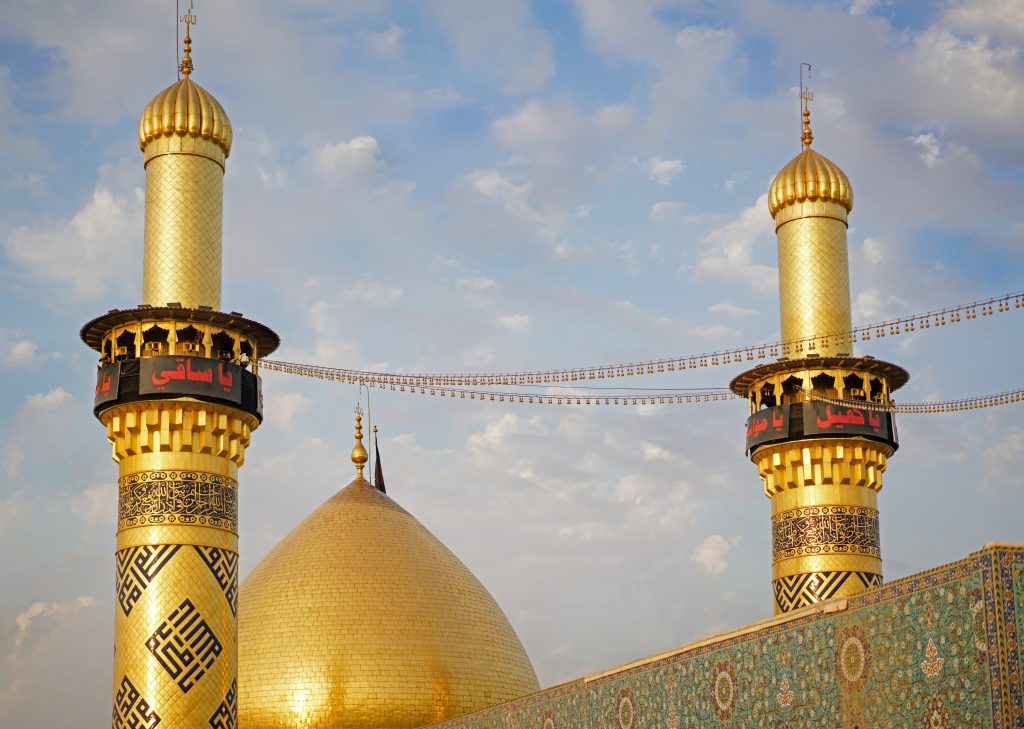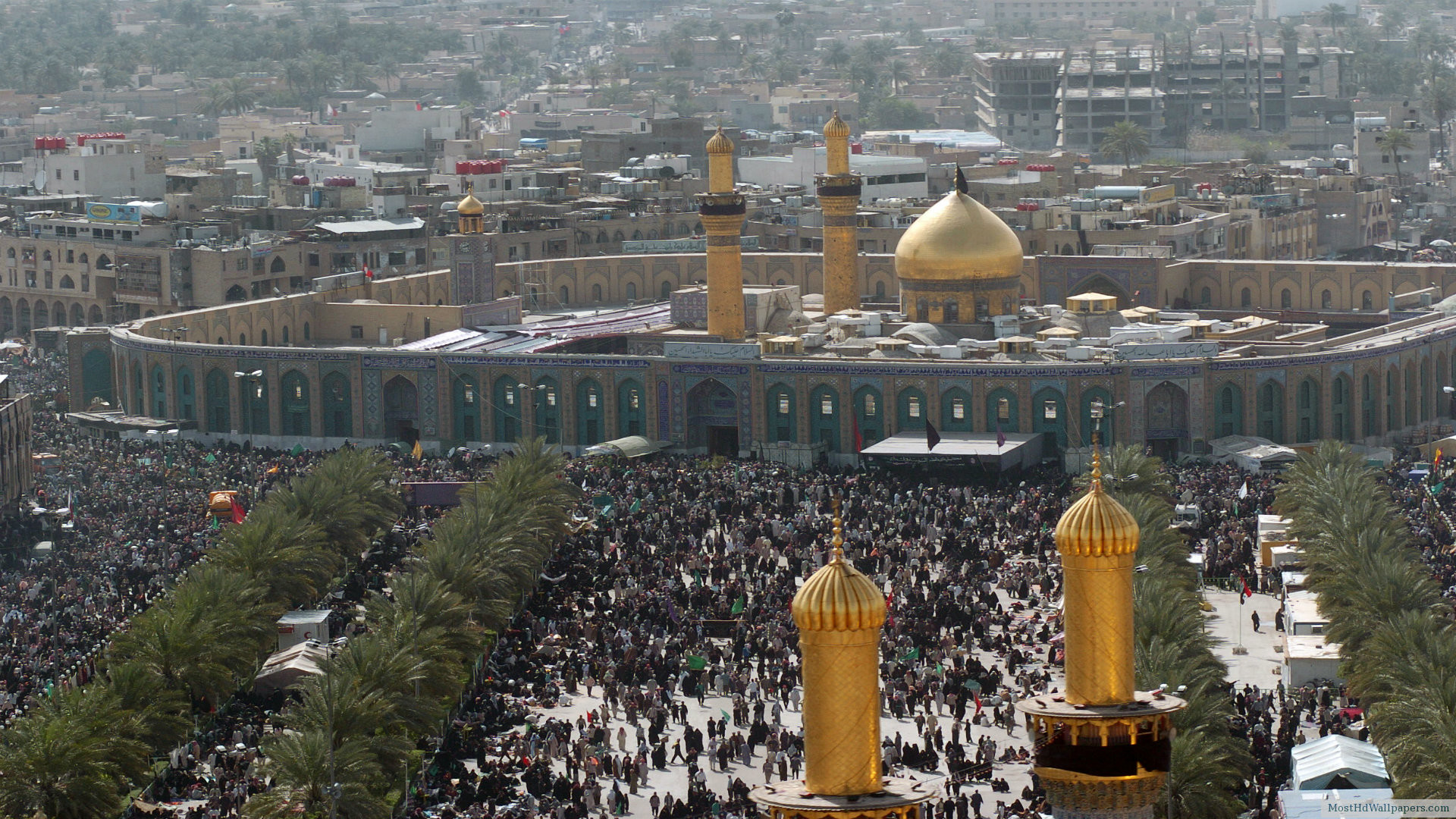Karbala Pilgrimage Tips: A Comprehensive Guide For Travelers
Share

Karbala, located in Iraq, is a city of immense religious significance, especially for Shia Muslims. It is the site of the martyrdom of Imam Hussein, the grandson of the Prophet Muhammad, during the Battle of Karbala in 680 AD. Each year, millions of pilgrims visit this sacred city, particularly during the month of Muharram, to pay their respects and participate in various religious observances. If you’re planning a pilgrimage to Karbala, this guide will provide you with essential tips to ensure a smooth and fulfilling experience.
Understanding the Significance of Karbala
Karbala is not just a destination; it is a journey of faith. The city is home to the Imam Hussein Shrine, which attracts millions of visitors who come to honor the sacrifices made by Imam Hussein and his companions. The atmosphere during the pilgrimage season is filled with devotion, and you will witness various rituals, including mourning processions and recitations of elegies.
Key Attractions in Karbala
Imam Hussein Shrine

The Imam Hussein Shrine is the centerpiece of Karbala. The golden dome and intricate tile work make it a stunning architectural marvel. Visitors can participate in prayers and rituals, and the shrine is open to pilgrims year-round.
The Abbas ibn Ali Shrine
This shrine is dedicated to Imam Hussein’s half-brother, Abbas ibn Ali, who played a crucial role in the Battle of Karbala. It is located near the Imam Hussein Shrine, and many pilgrims visit both sites during their stay.
The Karbala Museum
For those interested in the history of the Battle of Karbala and its aftermath, the Karbala Museum offers a wealth of information. Exhibits include artifacts, manuscripts, and displays that narrate the events surrounding the battle.
Best Time to Visit Karbala
Weather Considerations

The best time to visit Karbala is during the cooler months, from October to March. During this period, temperatures are more bearable, ranging from 15°C to 25°C (59°F to 77°F). However, if you plan to visit during the month of Muharram, be prepared for large crowds and higher temperatures, as the pilgrimage peaks around Ashura, which falls on the 10th day of Muharram.
Preparing for Your Pilgrimage
Travel Arrangements
Before embarking on your journey, ensure that you have your travel arrangements in place. Flights to Iraq can be booked through various airlines, and it’s advisable to check for any travel advisories or restrictions. For hotel accommodations, consider booking early, especially during peak pilgrimage times.
- Hotels & Flights: Book Here
Packing Essentials
When packing for your pilgrimage, consider the following essentials:
- Comfortable Clothing: Dress modestly and comfortably, as you will be walking a lot. Loose-fitting clothes are recommended.
- Footwear: Bring comfortable shoes suitable for walking long distances.
- Personal Items: Don’t forget your toiletries, medications, and a reusable water bottle to stay hydrated.
- Prayer Mat: If you prefer to pray on your own mat, consider bringing one along.
Navigating Karbala
Transportation Options
Karbala is well-connected by road, and you can find various transportation options, including taxis and buses. If you prefer a more personalized experience, consider booking a transfer service.
- Transfers: Book Here
Local Etiquette
Understanding local customs and etiquette is crucial during your pilgrimage. Here are some tips:
- Respect Religious Practices: Be mindful of the rituals and practices observed by the locals and fellow pilgrims.
- Photography: Always ask for permission before taking photographs, especially in sacred spaces.
- Food and Drink: Many local establishments offer free food and drinks to pilgrims, especially during Muharram. Accepting these offerings is a sign of respect.
Participating in Rituals
Mourning Processions
During Muharram, you will witness various mourning processions, known as Ashura processions. These events are deeply emotional and involve chanting, drumming, and reenactments of the Battle of Karbala. Participating in these rituals can be a profound experience, allowing you to connect with the history and significance of the events.
Visiting the Graves of Martyrs
Many pilgrims choose to visit the graves of martyrs who fought alongside Imam Hussein. These sites are often marked and can be visited as part of your pilgrimage.
Safety Tips for Pilgrims
While Karbala is generally safe for tourists, it’s essential to remain vigilant and follow these safety tips:
- Stay Informed: Keep up with local news and follow any travel advisories.
- Travel in Groups: If possible, travel with a group or a trusted guide, especially during large events.
- Emergency Contacts: Familiarize yourself with local emergency numbers and the location of your embassy.
Conclusion
Karbala is more than just a destination; it is a profound experience that connects you to centuries of history and faith. Whether you are participating in rituals, visiting sacred sites, or simply soaking in the atmosphere, your pilgrimage will undoubtedly leave a lasting impact. As you prepare for your journey, remember to embrace the spirit of unity and devotion that defines Karbala.
For a seamless travel experience, don’t forget to book your hotels and flights in advance. Safe travels, and may your pilgrimage be filled with blessings and peace!



